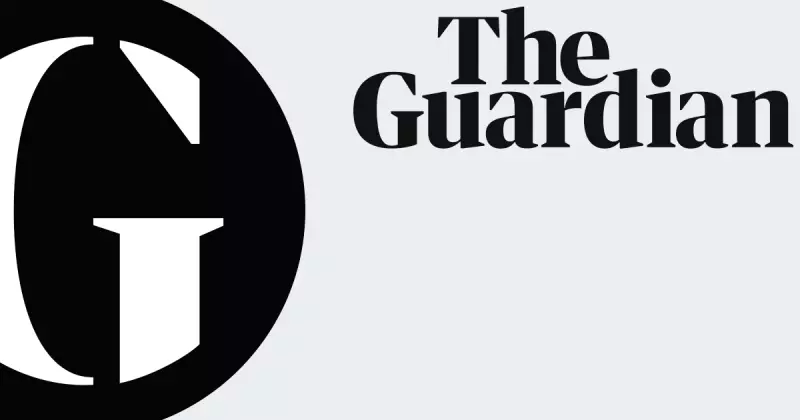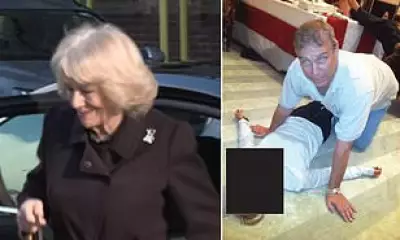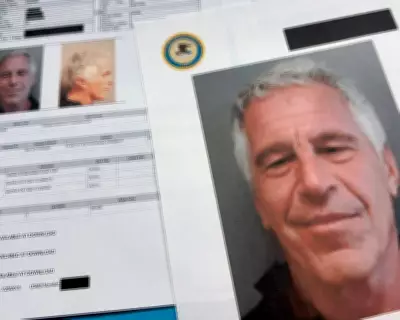
A major national investigation into grooming gangs across Britain has been thrown into turmoil, raising serious concerns about whether the truth will ever emerge and victims will receive justice. The inquiry, established to examine systematic child sexual exploitation in towns like Rotherham and Rochdale, now faces allegations of political interference and fundamental procedural failures.
A Mission Derailed
What began as a crucial examination of how multiple agencies failed vulnerable children has become mired in controversy. Sources close to the investigation describe an operation struggling with internal conflicts, unclear mandates, and growing political pressure that threatens to compromise its independence.
Systemic Failures Exposed
The inquiry was meant to uncover why police, social services, and local councils repeatedly missed opportunities to stop organised abuse networks. Instead, it has become a case study in how such investigations can themselves become compromised by external influences and internal dysfunction.
Key Problems Identified:
- Allegations of political interference affecting the scope and direction of investigations
- Critical evidence being overlooked or mishandled
- Victims and whistleblowers losing confidence in the process
- Growing concerns about whether final recommendations will be implemented
Victims' Voices Silenced
Most troubling are reports that survivors of grooming gangs feel increasingly marginalised by the very process meant to give them a voice. Many who courageously came forward now express doubts about whether their testimony will lead to meaningful change or accountability.
The chaos surrounding this inquiry raises fundamental questions about Britain's commitment to confronting difficult truths. With public confidence waning and victims growing increasingly disillusioned, there are real fears that this could represent another systemic failure in a long history of letting down vulnerable children.
What Happens Next?
As the investigation struggles to regain its footing, crucial evidence remains unexamined and key questions unanswered. The coming weeks will determine whether this inquiry can overcome its current crisis or whether it will join the long list of institutional failures that allowed grooming gangs to operate with impunity for decades.
For the survivors and the British public seeking answers, the stakes could not be higher. The credibility of the entire process now hangs in the balance.





